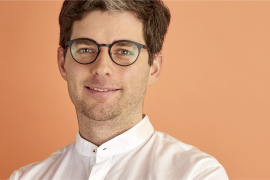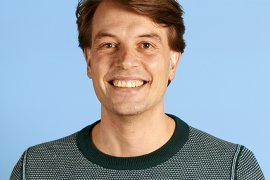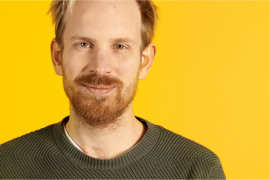The pandemic has given collaboration a boost
At the beginning of 2020, most Dutch people weren’t quite sure what COVID-19 was. And the name Marion Koopmans probably didn’t mean much to them either. All that has changed now: as a professor of virology, an adviser to the European Commission, and a member of both the Outbreak Management Team (OMT) and the WHO’s research team, Marion Koopmans appears in newspapers and on radio and television programmes almost daily. She received the 2020 Machiavelli Award for her clear explanations during media appearances. ‘The Faculty of Veterinary Medicine was a great place to learn in this regard.’
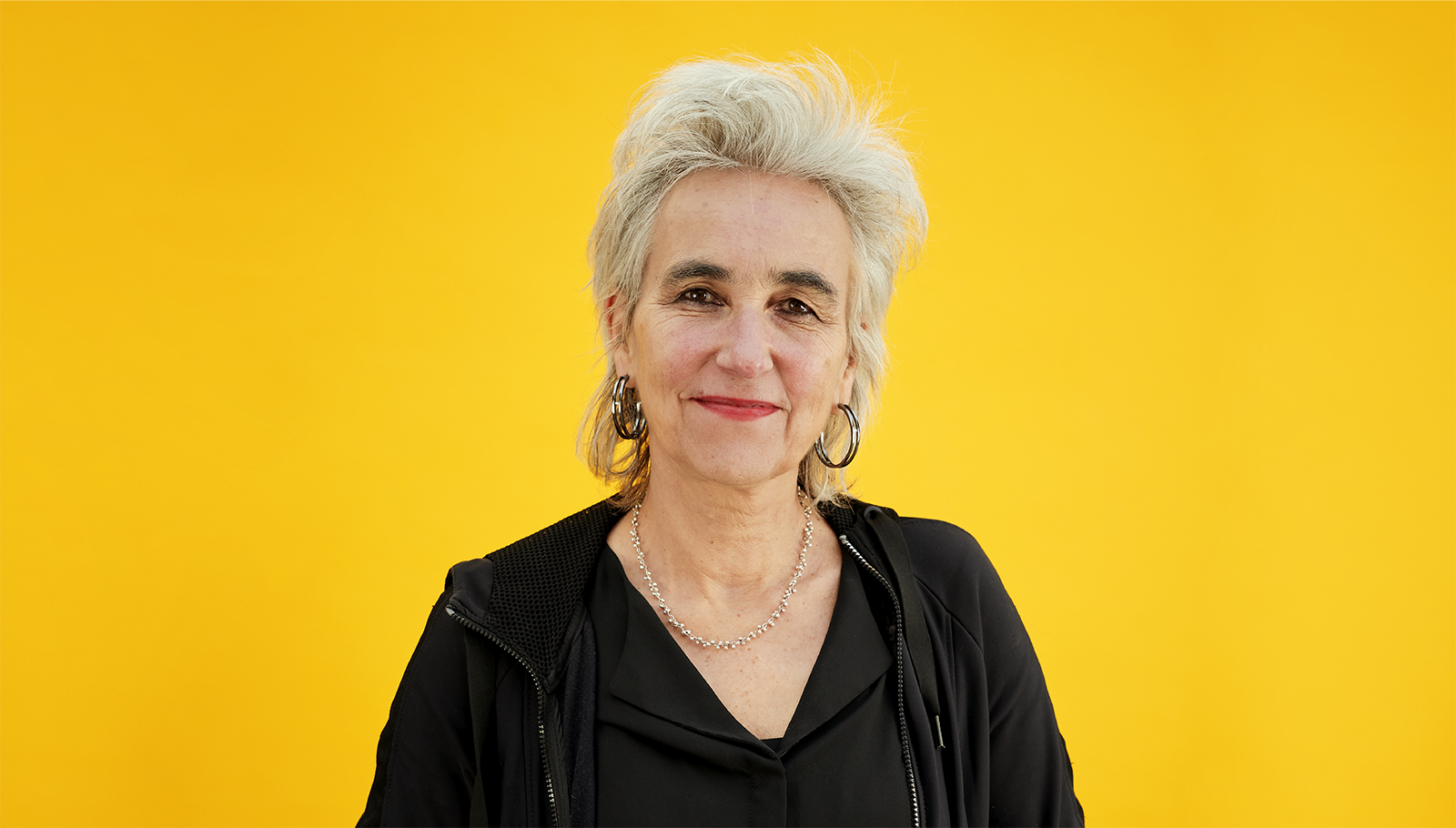
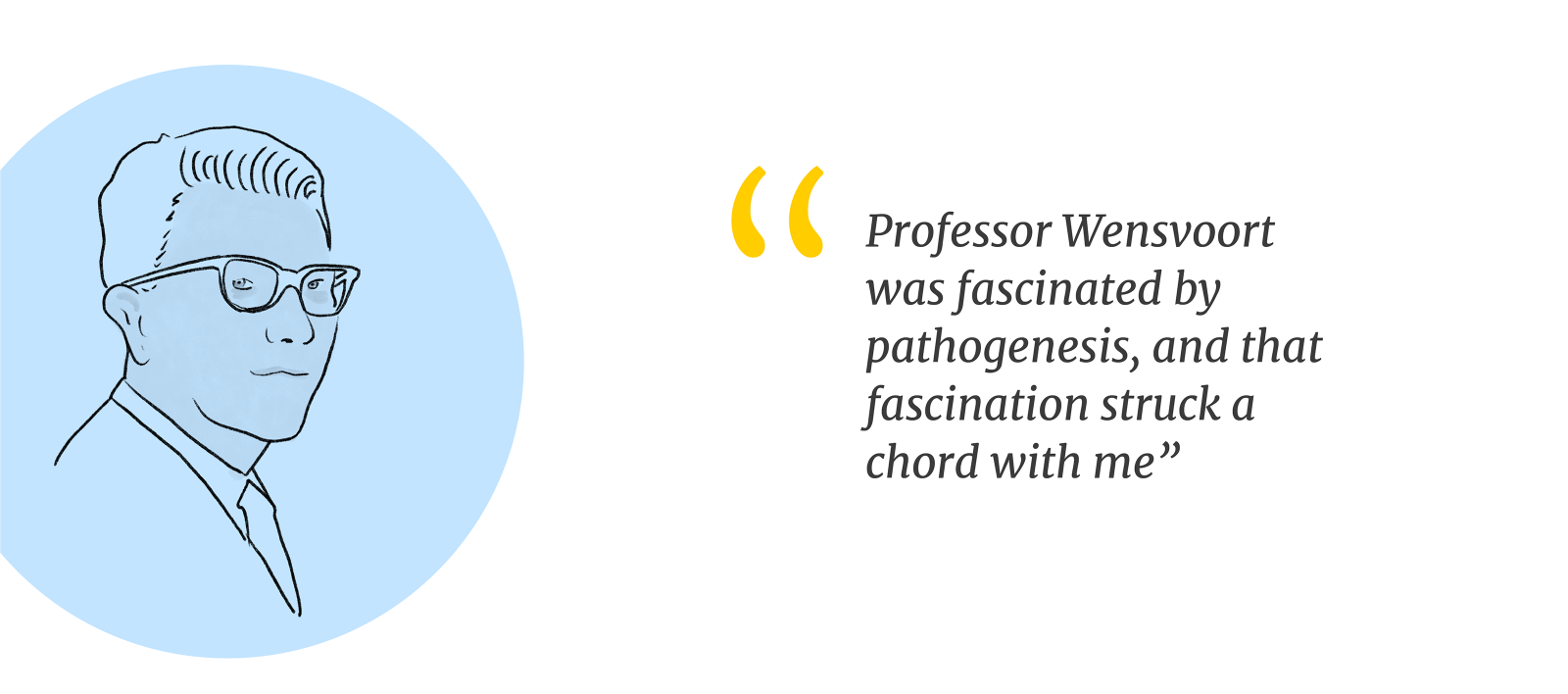
As a seventeen-year-old, Marion Koopmans wanted nothing more than to leave her hometown in Limburg. She had no doubts about where she would go: Utrecht, Veterinary Medicine. ‘That’s when my life really began. I remember having discussions night after night. It was great! I did several student assistantships, and the one I enjoyed the most was for pathologist-anatomist Professor Wensvoort. He was fascinated by pathogenesis (the development and progression of diseases, ed.), and that fascination struck a chord with me. People who love their work are very inspiring; their enthusiasm is contagious.’
Communicating scientific knowledge
‘Later on, during my specialisation, I noticed how much I enjoyed gathering information and explaining it to people like horse owners and livestock farmers in a way that was easy to understand. I rotated between the clinic, the classroom and the telephone. As a telephone veterinarian, I was a sort of linking pin. All the information and lab data would come in, and I would talk to patient owners. I constantly had to ask myself the question: How do I translate what I know into words that my target audience will understand?
I still benefit from that experience. My PhD supervisor Marian Horzinek, professor of virology and viral diseases, was also someone I looked up to. He combined his passion for science and educational innovation with communicating scientific knowledge to a wide audience. He soon had me give public lectures.’ She laughs: ‘In the beginning I was sweating bullets. But you learn along the way. I learned a lot during that time.’
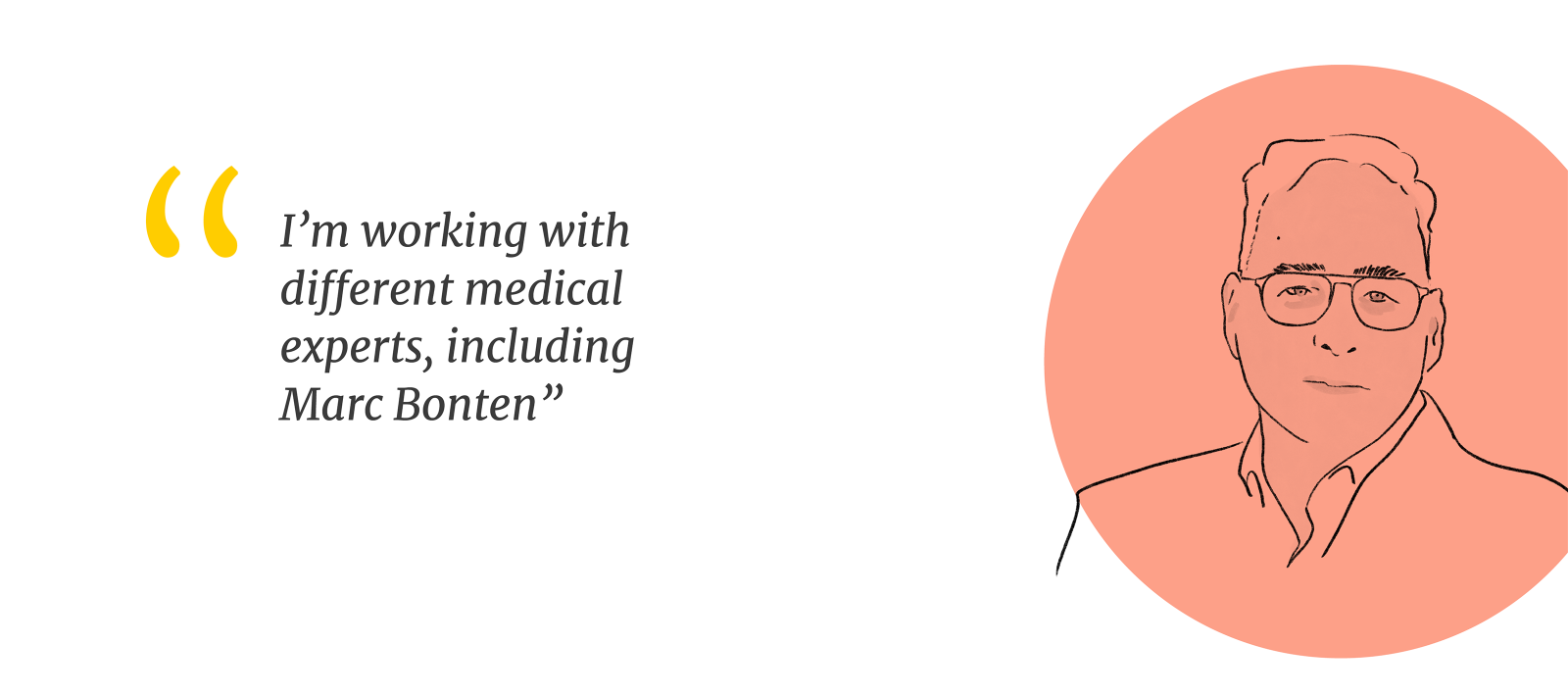
Now, many years later, Koopmans is utilising much of her knowledge and experience in the fight against pandemics. ‘There are clear limits to how we interact with the world. Whether in veterinary, medical or environmental contexts, we are facing major challenges.’
Solutions from all perspectives
‘If the coronavirus pandemic has made anything clear, it’s that we can’t all stay isolated in our respective fields. The solutions have to come from all possible perspectives. Fortunately, that is what’s happening. Various national and international projects are underway. In one such project, I’m working with different medical experts, including Marc Bronten. But exciting collaborations are emerging in other areas, too. Take field labs, for example, where the events sector can get in touch with scientists and ask whether the plans they have come up with are safe. These kinds of efforts lead to creative solutions. Collaboration – also outside of your own discipline – forces you to really reflect. You fuel each other with different questions and insights, and that sharpens your mind.
The pandemic has given collaboration a boost, and we’re seeing more and more parties focusing on issues like the climate and the environment. So I choose to be optimistic and believe that solutions will continue to be developed. Because, come on: we put rovers on Mars! So if we put our minds to it, almost anything is possible.’


